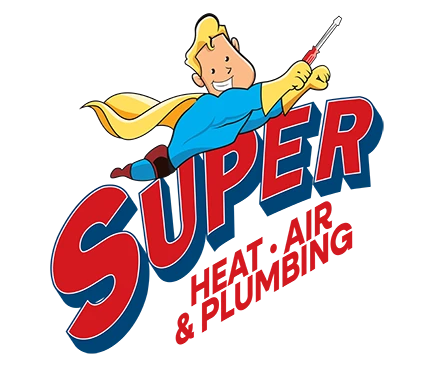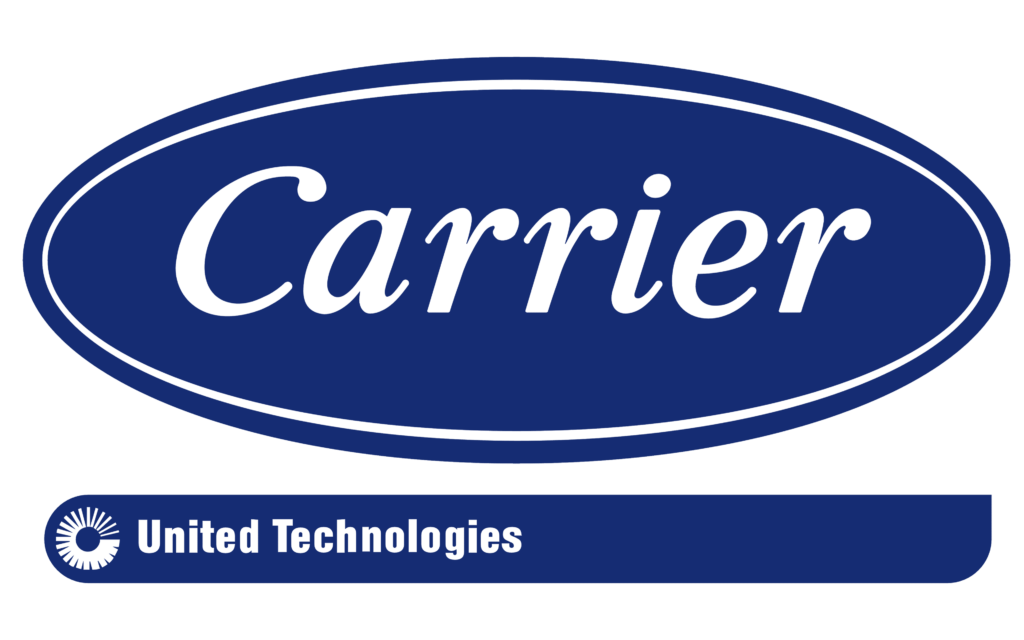Unveiling the HVAC Tax Credit Opportunities
Under the Inflation Reduction Act of 2022, federal income tax credits for energy-efficiency home improvements will be available through 2032. This offers enticing tax credits to homeowners in Tampa, FL, who invest in energy-efficient HVAC systems. The key criterion is a SEER (Seasonal Energy Efficiency Ratio) of 16 or higher. Let’s explore how you can benefit from this initiative and make your home more energy-efficient.
Identifying Energy-Efficient Products
Understanding the SEER Requirement
Before diving into the tax credit specifics, it’s crucial to understand the SEER requirement. The higher the SEER rating, the more energy-efficient the HVAC system. Check out this link to Energy Star’s guidelines to ensure your selected product qualifies for the tax credit.
Energy Star Rated Products
Energy-efficient options extend beyond HVAC systems.
Utilize this comprehensive list to identify and integrate Energy Star-rated products into your home for maximum tax benefits.
Energy Efficient Products >> Energy Star
Knowing If You Qualify for Credits
Qualified Expenses
Beginning Jan. 1, 2023, the credit equals 30% of certain qualified expenses, including:
Qualified energy efficiency improvements installed during the year
Residential energy property expenses
Home energy audits
There are limits on the allowable annual credit and on the amount of credit for certain types of qualified expenses. The credit is allowed for qualifying property placed in service on or after Jan. 1, 2023, and before Jan. 1, 2033.
The maximum credit you can claim each year is:
$1,200 for energy property costs and certain energy-efficient home improvements, with limits on doors ($250 per door and $500 total), windows ($600), and home energy audits ($150)
$2,000 per year for qualified heat pumps, biomass stoves, or biomass boilers
The credit has no lifetime dollar limit. You can claim the maximum annual credit every year that you make eligible improvements until 2033.
The credit is nonrefundable, so you can’t get back more on the credit than you owe in taxes. You can’t apply any excess credit to future tax years.
Who Qualifies
You may be able to take the credits if you made energy-saving improvements to your home located in the United States in 2022.
A home is where you lived in 2022 and can include a house, houseboat, mobile home, cooperative apartment, condominium, and a manufactured home that conforms to Federal Manufactured Home Construction and Safety Standards.
You must reduce the basis of your home by the amount of any credit allowed.
Your main home is generally the home where you live most of the time. A temporary absence due to special circumstances, such as illness, education, business, military service, or vacation, won’t change your main home.
Source >> Irs.gov
Also See >> https://www.irs.gov/credits-deductions/energy-efficient-home-improvement-credit
Exploring Rebates Tailored to Your Zip Code
Zip Code 33606: Tampa, FL
In addition to federal tax credits, specific zip codes in Tampa, FL, offer additional rebates for energy-efficient equipment. Check out this link to search by zip code and discover the rebates available for HVAC systems and other eligible products.
Search by Zip Code >> Energy Star Rebate Finder
When to Call an Expert: Navigating Tax Credit Eligibility
While the information is readily available online, understanding eligibility criteria and navigating complex tax credit forms can be challenging. Consider consulting with the HVAC professionals at Super Heat, Air, and Plumbing to ensure you don’t miss out on potential savings.
Navigating the Tax Credit Application Process
Documenting Your Purchase
To claim tax credits, meticulous documentation is crucial. Keep records of receipts, product specifications, and any other relevant documents. This will streamline the application process and serve as proof of your investment in energy efficiency.
Filing Your Tax Return
When it comes to filing your tax return, make sure to follow the guidelines provided by the IRS. Include the necessary forms, such as Form 5695 for residential energy credits, and double-check all information before submission. If you’re unsure, seeking assistance from a tax professional is advisable.
Ensuring Maximum ROI on Your HVAC Investment
Regular Maintenance Matters
Investing in an energy-efficient HVAC system is a long-term commitment. Regular maintenance is crucial to ensure optimal performance and longevity. Schedule routine inspections and cleaning with the certified HVAC technicians at Super Heat, Air, and Plumbing to keep your system in top condition.
Conclusion – A More Efficient Future for Your Home and Wallet
By leveraging HVAC tax credits, homeowners in Tampa, FL, not only contribute to a more sustainable future but also enjoy financial incentives. From choosing Energy Star-rated products to navigating tax forms, taking proactive steps ensures a seamless process. Consider this guide as your roadmap to maximizing both energy efficiency and financial savings alongside your partners here at Super Heat, Air, and Plumbing.



